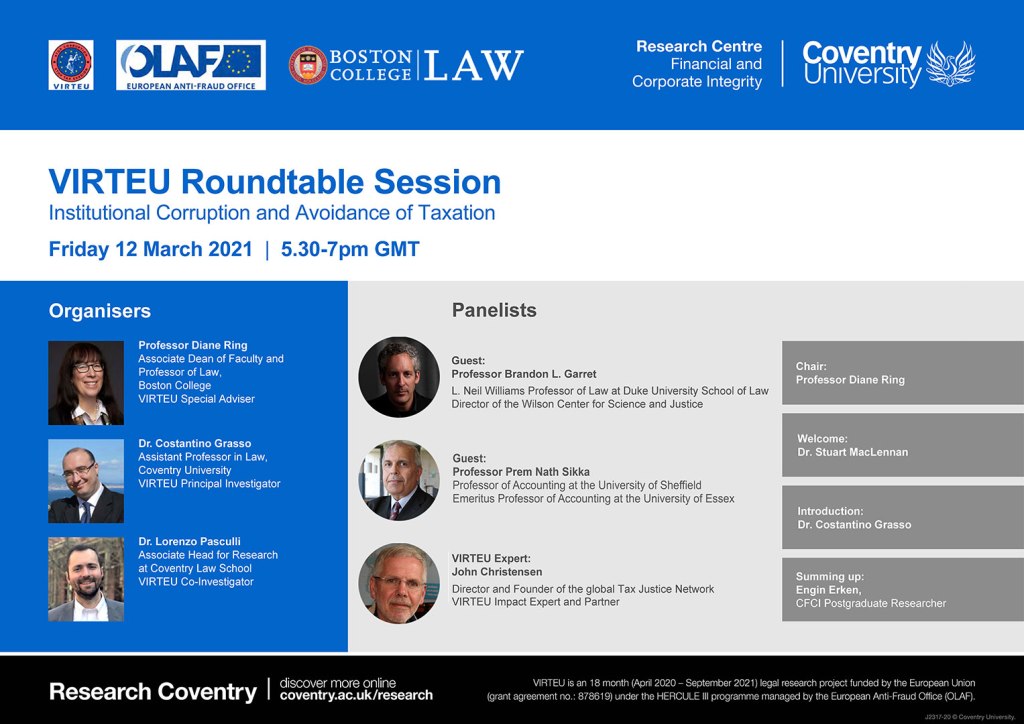By: Shu-Yi Oei
The Association of American Law Schools will be holding the 2019 AALS Annual Meeting in New Orleans, LA from January 2-6, 2019. This year, I’m the chair of the AALS Tax Section. Your section officers (Heather Field, Erin Scharff, Kathleen Thomas, Larry Zelenak, Shu-Yi Oei) are pleased to bring you four tax-related panels at the Annual Meeting. Two are Tax Section main programs, and two are programs we are cosponsoring with other sections. Details below.
We’re also organizing a dinner for Taxprofs (and friends) on Saturday, January 5. If you’re on the distribution list, you should have received an email about that and how to RSVP. If you’d like more details, please email me.
We hope to see many of you at the Annual Meeting!
Tax Section Main Program: The 2017 Tax Changes, One Year Later (co-sponsored with Legislation & Law of the Political Process, and Trusts and Estates)
Saturday, January 5, 2019, 10:30 am – 12:15 pm
Moderator:
Shu-Yi Oei, Boston College Law School
Speakers:
Karen C. Burke, University of Florida Fredric G. Levin College of Law
Ajay K. Mehrotra, Northwestern University Pritzker School of Law
Leigh Osofsky, University of North Carolina School of Law
Daniel N. Shaviro, New York University School of Law
Program Description: Congress passed H.R. 1, a major piece of tax legislation, at the end of 2017. The new law made important changes to the individual, business, and cross-border business taxation. This panel will discuss the changes and the issues and questions that have arisen with respect to the new legislation over the past year. Panelists will address several topics, including international tax reform, choice-of-entity, the new qualified business income deduction (§ 199A), federal-state dynamics, budgetary and distributional impacts, the state of regulatory guidance, technical corrections and interpretive issues, and the possibility of follow-on legislation.
Business meeting at program conclusion.
New Voices in Tax Policy and Public Finance (cosponsored with Nonprofit and Philanthropy Law and Employee Benefits and Executive Compensation)
Saturday, January 5, 2019, 3:30-5:15 pm
Paper Presenters:
Ariel Jurow Kleiman (University of San Diego School of Law), Tax Limits and Public Control
Natalya Shnitser (Boston College Law School), Are Two Employers Better Than One? An Empirical Assessment of Multiple Employer Retirement Plans
Gladriel Shobe (BYU J. Reuben Clark Law School), Economic Segregation, Tax Reform, and the Local Tax Deduction
Commenters:
Heather Field (UC Hastings College of the Law)
David Gamage (Maurer School of Law, Indiana University at Bloomington)
Andy Grewal (University of Iowa College of Law)
Leo Martinez (UC Hastings College of the Law)
Peter Wiedenbeck (Washington University in St. Louis School of Law)
Program Description:
This program showcases works-in-progress by scholars with seven or fewer years of teaching experience doing research in tax policy, public finance, and related fields. These works-in-progress were selected from a call for papers. Commentators working in related areas will provide feedback on these papers. Abstracts of the papers to be presented will be available at the session. For the full papers, please email the panel moderator.
Continue reading “Tax Panels at the 2019 AALS Annual Meeting” →





